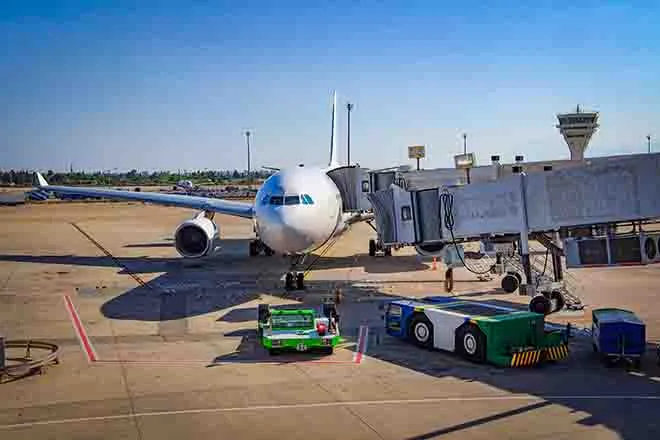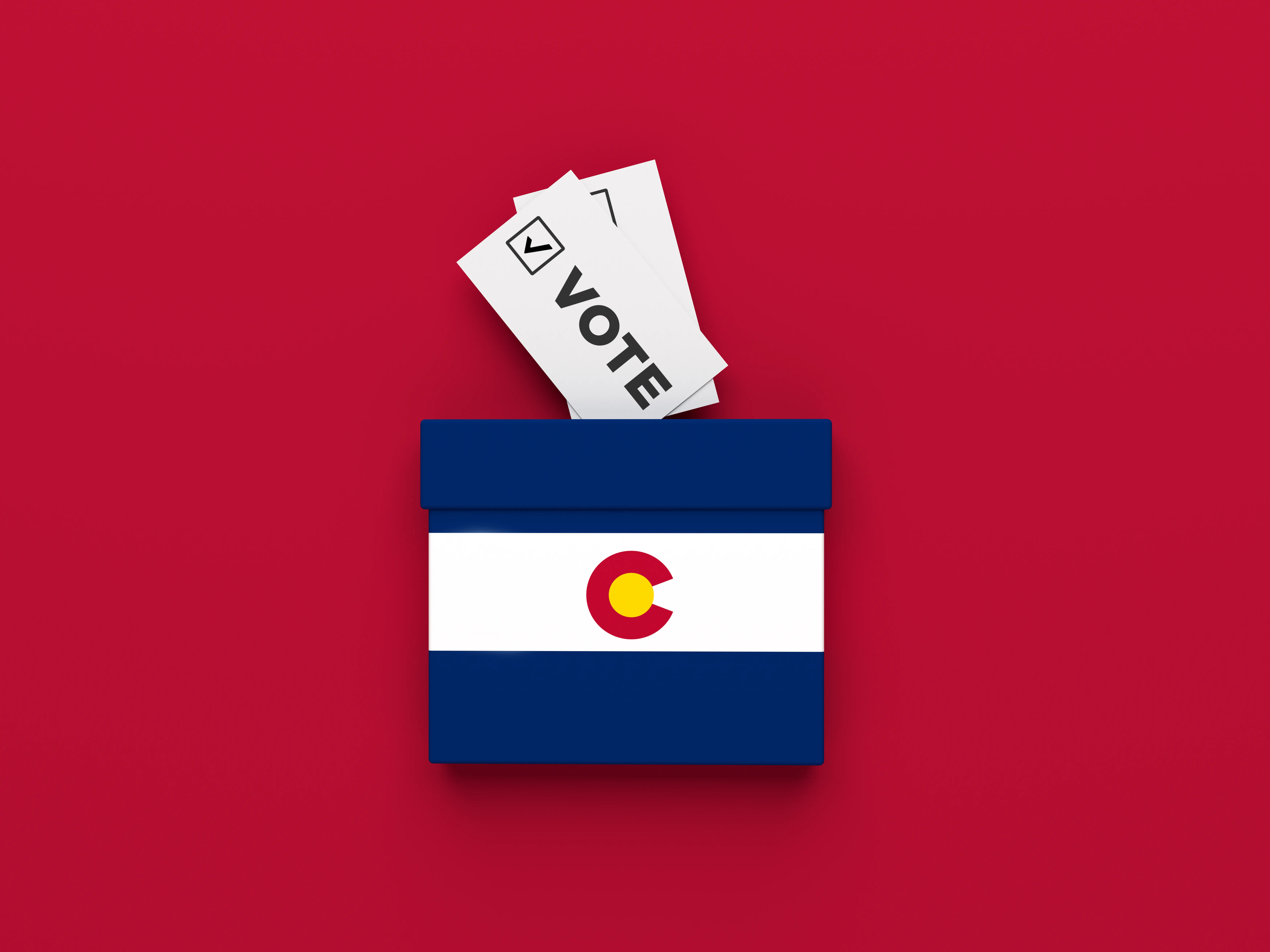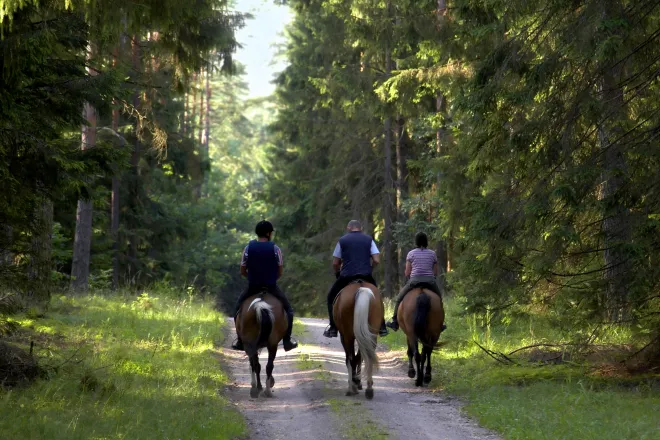
Inflation's impacts on rural America likely higher than known
(New Mexico News Connection) Many economists believe inflation will further ease this year, which cannot come soon enough for overburdened rural Americans.
The Consumer Price Index -- the main indicator of inflation -- looks at the prices urban Americans pay for a set basket of goods.
Stephan Weiler, professor of economics at Colorado State University and co-director of the Regional Economic Development Institute, said people in rural America are not surveyed, leaving out relevant data on 14 percent of the U.S. population, or around 46 million people.
"It's also the segment of the population that is likely to be economically disadvantaged," Weiler pointed out. "Just because you're in a place that has disadvantages, shouldn't mean that you're also disadvantaged by the system as a whole."
By necessity, rural Americans tend to drive more because they have longer commutes to work, grocery stores and essential services, like education and health care. When transportation costs rise, rural residents especially end up with less discretionary income, according to an Iowa State University report. About 20 percent of Colorado's population lives in rural areas.
Net farm income was forecast to decline 4.5 percent in 2022, which is still 26 percent higher than the 10-year average, according to AgAmerica.
Weiler noted even when agriculture has a good year, it does not mean "rural" residents have a good year.
"Rural is a lot of different things, and it's not ag," Weiler asserted. "I think a lot of people basically equate rural with ag, but 90 percent of rural income comes from non-ag sources. There are a few family farms out there, but they're relatively few and far between."
Weiler believes higher prices may be chipping away at paychecks of rural Americans at a higher rate than is being tracked by the federal government, which he believes should change the way it collects data.
"Having worked in various rural parts of the country -- rural California, rural Appalachia -- it's gotten to the point where even those people are saying, 'We actually need place-based policies.' It's not enough to focus on the people -- that places really, actually matter," Weiler concluded.
















